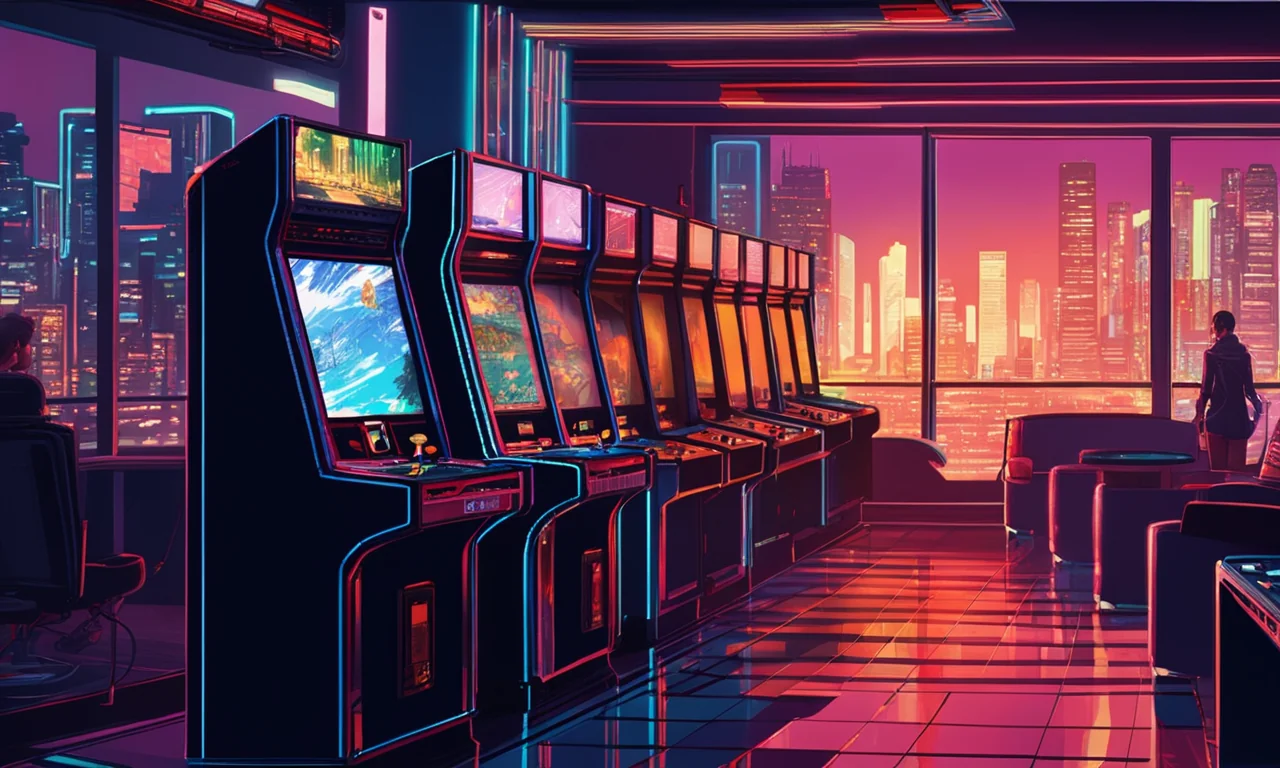
Gaming Industry Faces Tension Between Innovation and Nostalgia
The clash of hardware advances and legacy demand reshapes labor, politics, and consumer habits.
Bluesky's #gaming and #news discussions today reveal a scene pulled between nostalgia, innovation, and persistent industry tension. From hardware breakthroughs to political controversy, the digital gaming community isn't shy about confronting uncomfortable truths, and beneath the surface, the old guard of media and consumer habits still casts a long shadow. If you thought gaming was about escapism, think again—today's threads underscore how deeply tech, labor, politics, and even skincare intersect with the modern gamer's reality.
Hardware Hype and Nostalgia Collide
Tech innovation in gaming never sleeps, and nowhere is this clearer than with the launch of the ASUS TUF Gaming GeForce RTX™ 5070 Ti, marketed as the ultimate weapon for digital dominance. Yet, this relentless push for performance sits in stark contrast to a community craving the comfort of yesterday, as one post fondly recalls the era when dedicated TV shows and monthly magazines were the lifeblood of gaming news, complete with demo discs and VHS tapes. The celebration of Pokémon XD: Gale of Darkness's anniversary—and its potential revival on Switch 2—further illustrates how nostalgia is a potent force, driving demand for legacy titles even as new hardware promises a shinier future.
"I miss 'needing' dedicated tv shows and monthly magazines to be informed about gaming news. I remember being excited for the next episode or issue, often rereading them over and over."- @ghostwriter101 (2 points)
Meanwhile, the indie sector grapples with burnout and sustainability, as the creator of a popular indie game tracker pivots to a more manageable news site, signaling that even passion projects must bow to the demands of ongoing maintenance. Whether it's retro classics or hidden indie gems, the tension between innovation and nostalgia remains unresolved—and perhaps, that's exactly what keeps the community so engaged.
"As one who still to this day play it on original hardware, I hope many give it a try! :) A forced Eevee means five starters, almost 100 lines of 'mons to catch, interesting battles, a smooth difficulty curve with proper boss challenges, great side content... It deserves more fans!"- @profmalavoie (5 points)
Labor, Integrity, and Political Fallout
Gaming isn't just about fun and pixels—labor conditions and corporate accountability are increasingly at the center of the conversation. The call for ethical standards in the Irish gaming industry urges employers to offer living wages, secure contracts, and union support to qualify for digital gaming tax incentives. It's a reminder that behind every breakthrough or beloved franchise, there are workers whose wellbeing is often overlooked.
On the political front, the fallout from Microsoft's acquisition of Activision continues to reverberate. Posts like Lina Khan's critique of Xbox price hikes and layoffs, and the right-wing gaming community's outrage over Game Pass increases, expose deep rifts in how consumers perceive corporate moves and regulatory warnings. The community's memory is sharp—those who once lambasted FTC intervention now find themselves bitterly vindicated.
"Microsoft's acquisition of Activision has been followed by significant price hikes and layoffs, harming both gamers and developers."- @legixn7 (8 points)
Yet, the question of integrity in gaming news refuses to go away. From criticism of clickbait culture to the quieter moments of community connection—like RPG fans sharing good news or a skincare brand leveraging #gaming hashtags to break into viral territory via cross-industry promotion—the boundaries of what defines “gaming news” are constantly redrawn. The message? Integrity may be declared dead, but the debates rage on, and every new post is a line in the sand.
Journalistic duty means questioning all popular consensus. - Alex Prescott